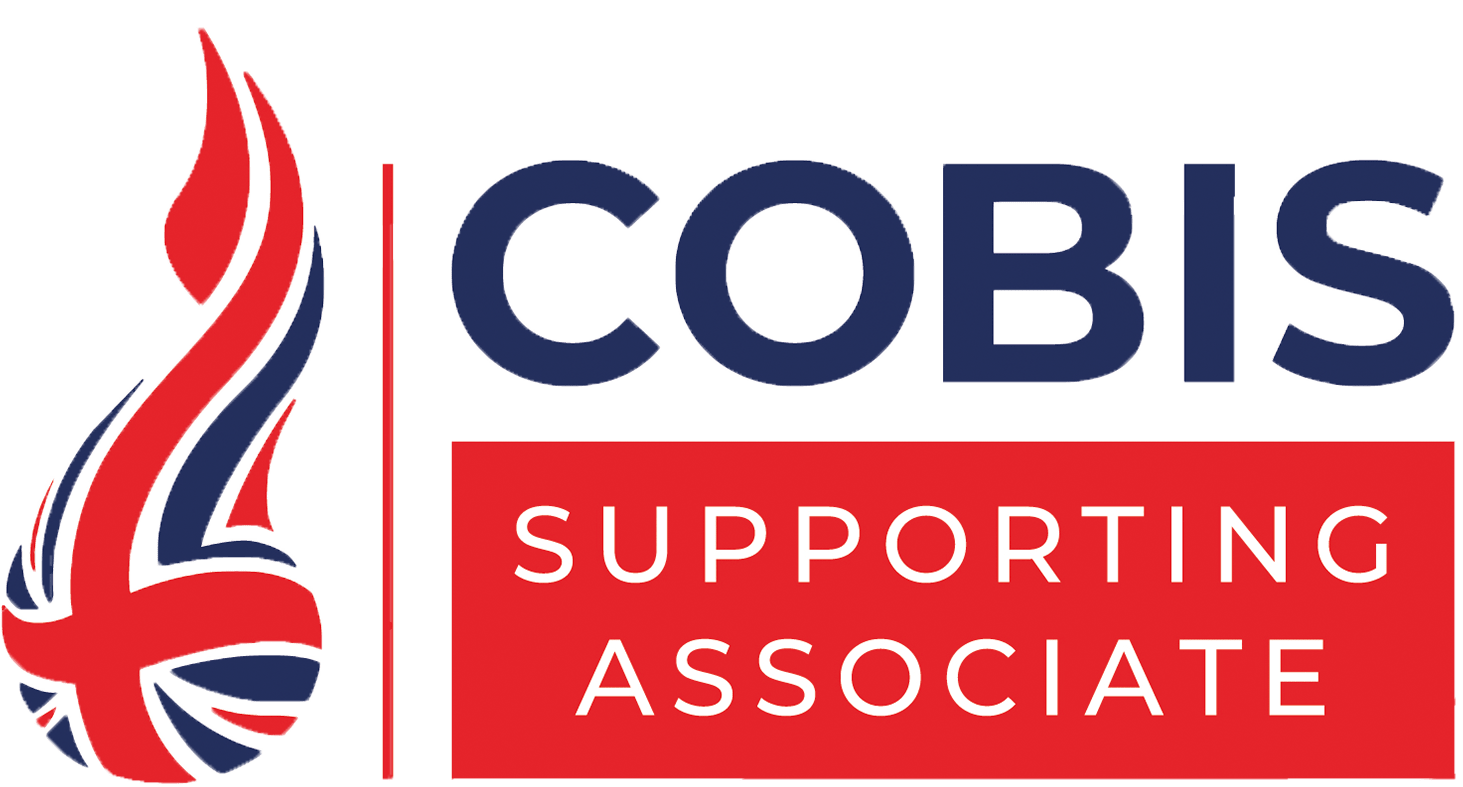Easter has been a good time to take stock, and to make preparations for what’s set to be a very busy few months here at Evidence Based Education. We’ve got a number of fantastic (free) events coming up, as well as the final day of our Assessment Academy pilot course.*
We asked our participants from this group to share their thoughts on the course so far: what they’ve found good, what they’ve learned, and how it’s translated to their classroom practice. What we got back was really pleasing to hear. It’s also helped us to coin the phrase “testing to the teach” – grammatically incorrect, perhaps, but less nonsensical than the alternative… Rather than using test scores as the be-all and end-all, why not flip it? Why not use testing not only to assess where pupils are at in the content being taught, but also to inform next steps – for pupil and teacher?
It requires a good level of support from leaders in school, a base knowledge of good assessment practice, and help on hand when more technical questions arise, but that is not an unachievable aim. Indeed, it is what we are setting out to provide.
Hear what two of our participants had to say:
Jess Williamson, Associate Head, Northumberland Church of England Academy
“I am finding the pilot programme very worthwhile and informative. It gives you a clear insight on different types of data and a better understanding of what reliable data looks like. It has certainly made me more confident when trying new assessment types. In particular, I have thoroughly enjoyed working on the gap tasks, especially when creating an assessment and analysing the results. The use of Guttman Scalograms and Cronbach’s Alpha was most helpful when analysing the question responses. As I enjoyed using the data tool, I used it to analyse some mock SATs data, which I then shared with the Year 6 class teacher.”
James Miller, Deputy Head, RGS Newcastle
“The Assessment Academy has proven to be a revelation to me. Previously I had never had the opportunity to delve into the detail that sits behind assessments and now my eyes have been opened! The level of detail that the team has taken us through is amazing and, at times, it took an enjoyably large amount of effort to understand what was what!
Perhaps the most useful aspect of the course has been the power it has given me to come back to school and start writing my own reliable assessments, pertinent to the children that I teach. Rather than having assessments that shape my teaching, I can now teach exactly what the class need, then assess them accurately. [Ed.: Hence ‘testing to the teach’!]
I’ve really enjoyed the discussion time on the course as it has helped me to realise that many teachers are wrestling with the same issues regarding assessment; I picked up lots of tips during the coffee breaks!
I would definitely recommend Assessment Academy – though it’s not something to take on half-heartedly. It’s not an easy ‘tick-box’ course; rather, it’s academic, practical and very very useful!”
—
* Around this, we’re hosting two free events: a “What makes great assessment?” forum debate, in conjunction with the Chartered College of Teaching, in London; and a graduation and celebration event in Durham. The former is now fully subscribed, but we’ll be filming it to publish later, and will also be live-tweeting the debate. There are still plenty of tickets left for the latter – register for free, and hear both Tim Oates and Professor Rob Coe speak about what we’ve learned in the course of the Assessment Academy pilot.
If you’re interested in joining Jess and James, read more about our upcoming summer residential course – featuring talks from Heather Hill (Professor at Harvard Graduate School of Education), Alex Quigley (Director of Huntington Research School) and Sir Kevan Collins (Chief Executive of the EEF) – here.





